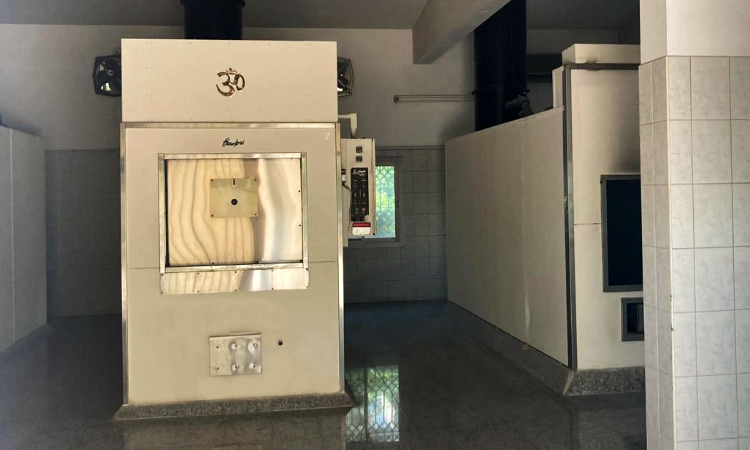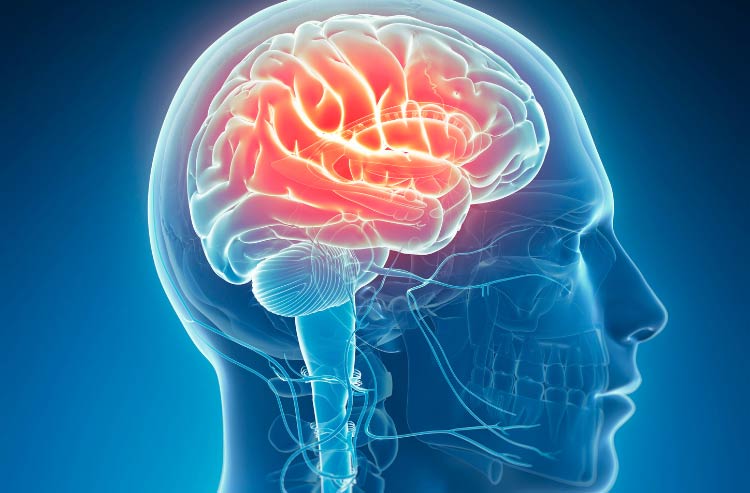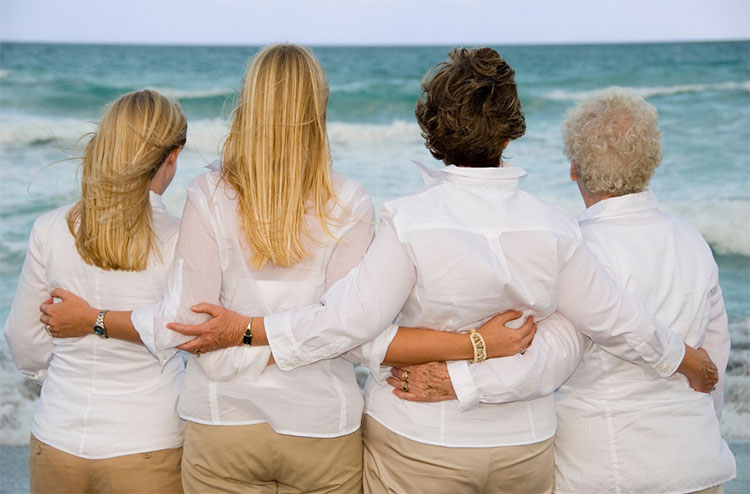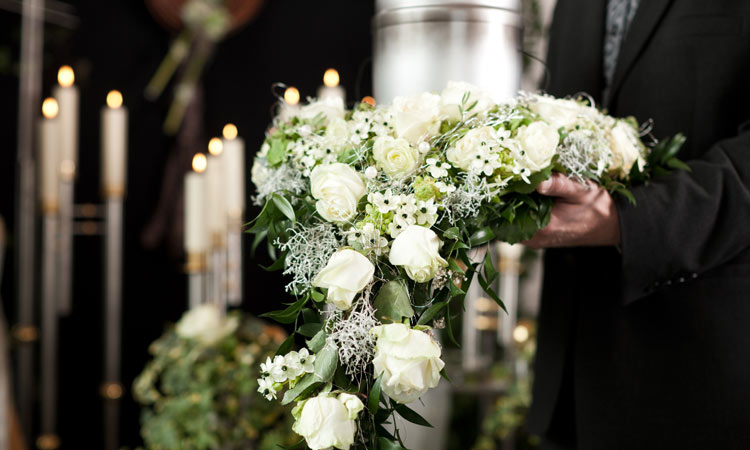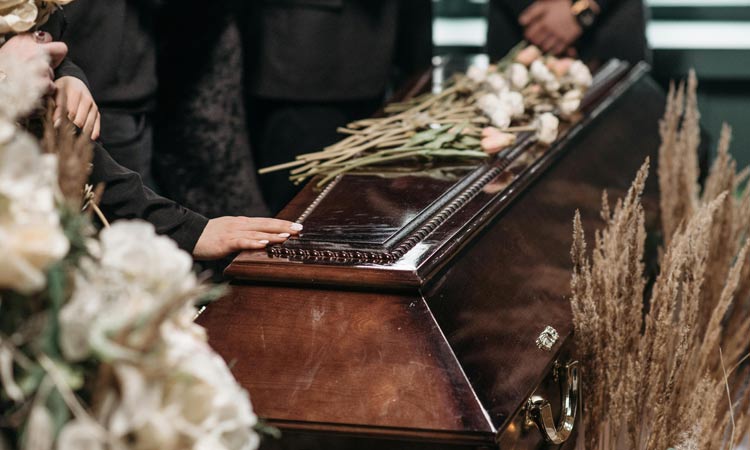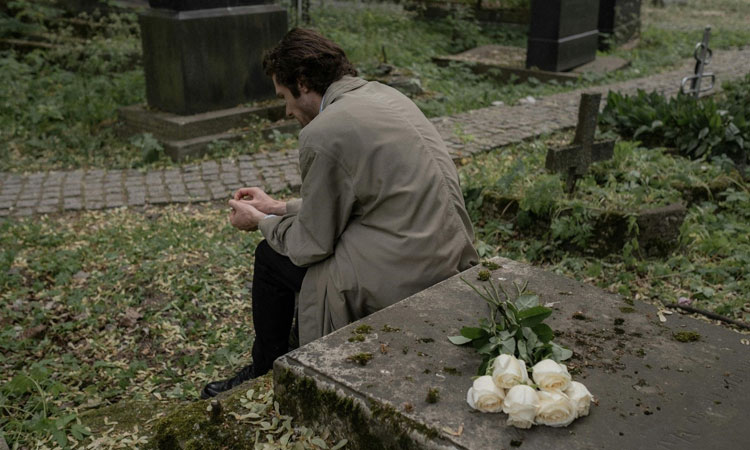Grief appears in our life in different forms. It is a complex and highly personal experience. You may go through different types of grief in your life. Every form of grief has its own set of tools to cope in the healing process. These tools help you discover your emotions and find a good coping mechanism during difficult times.
In this article you will explore many forms of grief. From acute to collective historical grief, and offer guidance on coping and healing. You’ll also find support groups, ways to cope different kinds of grief, and how to move forward in your healing journey.
1. Acute Grief
Definition
Acute grief is the deep pain you feel shortly after losing someone normally through death. This strong and incidental reaction is a normal phase of the grieving process. During the first week or two after the death, you may struggle to hold on to the reality that they have left you already, you may experience a state of shock and impassiveness.
Common Grief Symptoms
During the time of acute grief process you may experience different emotional and physical symptoms. like:
- Intense emotions that rise and fall lasting between 20 to 60 minutes
- Tightening in throat, difficulty in breathing, and weakness in the muscles
- Too much crying, feeling anxiety, and moaning more than often
- Loss of hunger and little to no interest in sex
- Problems with sleeping and concentrating
- Fast heartbeat, dizziness, and frequent yawning
Acute grief journey is different for every person. Experts say that the estimated length of acute grief often take at least one year to process. You may feel ups and downs in the intensity of your grief during this time. As you change from acute grief to integrated grief, usually in the first week of the month, you will begin to heal and try to move forward in your life.
Coping Strategies
Simple steps to cope with acute grief:
- Allow yourself to experience and express your true emotions.
- Keeping a regular routine can give you feeling of control during difficult times.
- Exercise daily, take care for yourself, and eat nutritious meals
- Feel free to ask others for help when you need it.
- Consider joining a support group for grief therapy
Always remember that grieving takes time, and it’s alright to ask for professional support if needed.
2. Anticipatory Grief
Definition
The painful feeling you are having before an expected loss is anticipatory grief. A common example of anticipatory grief is when you know someone you love is dying or you come to know that you will die very soon. Other types of anticipatory griefs are non-death related loses like future divorce or being diagnosed with chronic illness.
Emotional Impact
In this type of grief you may go through some emotions like anxiety, touchiness, depression and anger. It is also normal to feel sadness, loneliness, and fear during this type of grief. You can find yourself anxious because of continuous thinking about your loved one’s death. You can also feel guilty especially when you wish your loved one’s suffering would stop.
Benefits and Challenges
It gives a chance to face the realities of loss and take care of important issues before time. This process enables you to deal with your fears, close chapters and prepare for the farewells. Despite its benefits, this type of grief can intensify emotional pain and make the situation more harder. According to some research the anticipatory grief can lessen the intensity of grief after loss, in some cases it may lead to prolonged grief disorder.
Coping Strategies
We will discuss the strategies to deal with anticipatory grief while maintaining the quality of life and redefine hope in the faces of loss. Surround yourself with support and connect with your loved ones through meaningful activities. Clear any doubts you have in your mind and talk to a doctor or a health counselor if required. To feel more prepared, you should learn more about the condition of your loved ones. Remember, recognizing your emotions and asking for help is a crucial part of coping.
3. Complicated Grief (Persistent Complex Bereavement Disorder)
Definition
When grief remains strong for a long time after a loss, it is called complicated grief. It is also called persistent complex bereavement disorder (PCBD). It also affects your daily life routines. Studies showed that 2% to 3% of the world population is affected by complicated grief, and 7% to 10% of grieving individuals are affected by complicated grief.
Grief Symptoms
These are the symptoms you may experience:
- Deep sadness and constant reflection on the loss
- Having difficulty to accept the loss
- Numbness or a sense of being disconnected from reality
- Feeling bitterness and frustration about the loss
- Feeling that life lacks important meanings
- Incapacity to enjoy positive memories of the loved one
These symptoms can last for life.
Risk Factors
Factors that may increase the risk of Complicated Grief include:
- A sudden, unexpected or violent death
- Death of a child or spouse
- Close or dependent relationship with the deceased
- Having a history of mood disorders or PTSD
- Traumatic experiences in childhood can raise your risk of complicated grief
- Major life challenges
Treatment Options
Complicated Grief Treatment (CGT) has shown success in two out of three cases. The primary objectives of this short-term method include:
- Restoring daily functioning by developing actionable plans.
- Helping you find a new method to think about death
In some cases, medication like antidepressants can help. Cognitive behavioral therapy and support groups also playing key roles in healing.
4. Delayed Grief
Definition
When the pain of a loss is felt much later, it is called delayed grief. It can take weeks, months, or even years to fully set in. It can happen if you were too confused or emotionally shut down to process your feelings initially.
Reasons for Delay
There are several things which can cause delayed grief.
- Shock and denial: When you lose your loved one suddenly, it can be so shocking that it keep you in denial stage for long time.
- Responsibilities: Managing things like funeral arrangements, paper work or financial matter can keep you busy and delay the emotional process.
- Uncertain emotions: Having complex feelings or regrets about the relationship can delay the grieving process.
- Personality traits: People who suppress their emotions may experience grief later.
Long-Term Effects
Delayed grief may cause serious mental health issues like:
- You may have a higher probability of developing anxiety and depression
- Your mental health can be affected badly
- Long-term stress can harm both your body and emotions.
How to Address Delayed Grief
These are the list of how to cope with delayed grief:
- Let yourself feel your emotions
- Train self-care through rest, eating healthy, and doing enjoyable activities
- Consider grief counseling or cognitive-behavioral therapy
- Honor your loved one’s memory through meaningful activities
Remember, grief has no deadlines. Give yourself enough time and space to experience these emotions as you start your journey in healing.
Learn more about the Impact of Grief on Mental Health.
5. Inhibited Grief
Definition
Inhibited grief means to hold your emotions within yourself and not sharing with others. Sharing your emotions with others and asking for help is essential when you are ready to share.
Causes
There are several factors which can cause inhibited grief:
- Becoming passive to protect others from emotional pain
- Fear that strong emotions might become uncontrollable
- Using substances such as alcohol or drugs to cope with emotional pain.
- Feeling separated from the reality after a loss
Signs and Symptoms
Although your grief experience may not be visible, it often comes out through physical symptoms like
- Illness and declining health
- Stomach problems and nausea
- Sleep disorders
- Muscle aches and tightness
- Energy exhaustion
- Headaches
- Loss of appetite
Coping Strategies
The coping strategies of inhibited grief includes:
- Accept the loss and allow yourself to feel sad
- Write about your grief in a journal to express your emotions without any hesitation.
- Reach out to your loved ones and ask for emotional support
- Create your own rituals to pay tribute to your loved one
- If you experience prolonged sadness or depression, you should consider seeking professional help.
Remember, inhibiting grief only make your healing process slow. It is important to give yourself time to process your emotions fully.
6. Disenfranchised Grief
Definition
This type of grief occurred when society does not accept or honor your loss. This is an emotional response experienced when a loss is not acknowledged or accepted in public.
Examples
Disenfranchised grief can appear in a number of ways
- Loss of a pet
- Death of an abusive family member or ex-partner
- Miscarriage or abortion
- Suicide of loved one or death by substance abuse
- Your Online friend only
- Loss of a job or community
Challenges Faced
In disenfranchised grief, you may face some difficulties like:
- Your feelings might be ignored by others
- You can feel isolated
- People may criticize or look down on your grief.
- Internal conflict and guilt about your emotions
- Your grief may linger longer
How to Find Support
To cope with disenfranchised grief:
- Look for support groups or online spaces where you can connect with others.
- Therapy can be a helpful in processing your emotions.
- Inform yourself and others about disenfranchised grief
- Make personal rituals to honor your loss
- You can express your feelings through journaling
Your grief is real and valid, no matter what society says.
7. Cumulative Grief
Definition
When many losses happen in a brief period, it is called cumulative grief or compound grief. This is due to multiple deaths, divorce, losing a job or relocation. It’s when you experience loss after loss without the time to heal from the first.
Impact on Mental Health
Cumulative grief can seriously affect your mental health. In this condition you can feel exhausted and find difficulty to handle your daily tasks. Several losses may make you feel upset, angry, sad, or guilty. This type of grief can make your immune system weaker causing things like fatigue, headache and digestive issues.
Challenges of Multiple Losses
If you are facing multiple loses, it is difficult to process each one which may cause mixed feelings. This confusion can make you alone making it harder to reach out for help. Another loss can cause you “grief overload” making you feel traumatized or unable to cope.
Coping Strategies
How to cope with cumulative grief?
- Give yourself space to grieve each loss individually
- Take care of yourself, take rest and do things which make you healthy
- Always do self-care, rest, and do healthy activities
- Ask for support from your family, friends or a professional therapist
- Participate in a support group to share your experiences during grief
- Honor each loss by meaningful rituals
8. Collective Grief
Definition
When a community, society, or even the whole world experiences a big loss, the emotional response shared by them is called collective grief. This is grief is more stronger than individual grief as entire community grieves together.
Examples
This type of grief often happens after major events like:
- Pandemics
- Natural disaster
- Terrorism or Terrorist attacks
- Social disturbances
- Death of important public figures
Emotional Responses
You might experience a range of emotions during collective grief:
- Sorrow
- Anger
- Confusion
- Weakness
- Resentment
Ways to Cope
To navigate collective grief:
- Don’t hide your feelings from yourself
- Be kind to yourself
- Spend time with others
- Stay away from the bad news
- Give yourself time for self-care
- Seek professional help if needed
- Find small ways to help others
Remember, we can grieve together but the experience remains deeply personal for everyone.
9. Exaggerated Grief
Definition
Exaggerated grief is a mental health condition and is also called PCBD. It leads to very strong, painful emotions that continue for more than six months after losing a loved one. It can affect you quality of life.
Symptoms
You may experience:
- Strong desire to be with the person who passed away.
- Unable to stop the thoughts about the lost person
- Hard to accept that your loved one is gone
- Life feels meaningless without the presence of your loved one
- A strong sense of isolation and emptiness.
- Feeling alone and emotion less
- Finding comfort in the old memories of your loved one
Exaggerated grief is different from typical griefs and its symptoms become more stronger over a period of time.
Potential Risks
Exaggerated grief may cause many problems:
- Depression and anxiety
- Substance abuse disorders
- Post-traumatic stress disorder (PTSD)
- Health issues (e.g., heart disease, high blood pressure)
- Suicidal thoughts
Coping Strategies
To manage exaggerated grief:
- Take antidepressants if you are depressed
- Get professional grief therapy
- Join any support group to share your experiences
- Practice self-care and learn how to manage your stress
Deal with your grief when you feel okay and ready. If you have thoughts about self-harm, get the help right away.
10. Absent Grief
Definition
Absent grief means there are no visible signs of grief. The person may not even show that they miss their loved one. There is no crying or sadness or visible pain. This type of grief is common when the person is still in denial phase.
Possible Causes
You might experience absent grief due to:
- Grieving ahead of time, before actual loss
- Focus on work which distracts you from grief
- Trying to avoid the loss
- Occupied by caring the others around you
Potential Risks
Absent grief can lead to:
- Physical symptoms such as heart palpitations, insomnia, and fatigue
- Eating disorders
- Difficulty in recognizing the emotions
How to Address Absent Grief
To cope with absent grief:
- Seek professional help if needed
- Take time to release your emotions
- Keep in mind that grief is a normal part of life
- Understand that everyone grieves in their own way
- Monitor your feelings
11. Chronic Grief
Definition
If an adult person grieves intensely for more than a year or a child more than six months, it is called chronic grief. About 7% of grieving people experience this. This type of grief takes extended period to heal and interferes with your normal daily activities.
Characteristics
In chronic grief, you may experience:
- Finding difficulty in engaging in activities and making plans for the future
- Finding it hard to accept the passing of loved one
- Feeling of bitterness, anger and guilt
- Constantly thinking about the person’s death.
Long-Term Impact
Chronic grief can lead to:
- Finding it difficult to manage work and social life
- Higher chances to develop physical and mental health problems.
- Finding it hard to build new relationships
- Depression and anxiety
- Sleep troubles
- High risk of dying from heart diseases especially in older widowed people
Coping Strategies
To manage chronic grief:
- Seek professional help for grief therapy
- Connect with others in support group
- Write down your thoughts and do some self-care like exercise
- Take small steps to deal with reminders of the person you lost.
- Focus on finding a new purpose or meaning in life.
In grief, healing will take time, and it’s okay to ask for help when needed.
12. Masked Grief
Definition
Masked grief affects how a person functions but they are not aware that the cause of their behavior is unresolved grief.
Examples
You might experience masked grief in various ways:
- Acting like everything is fine, despite the grief.
- Sudden mood swings
- Engaging in activities to avoid thinking about your real feelings.
- Feeling difficulty in understanding and sharing your emotions.
Normally the women who experience miscarriage and pregnancy loss face masked grief.
Treatment and Recognition
It is very important to identify treatments for masked grief to support personal well-being. Getting support from an experienced grief counselor is helpful since they know how to identify common responses to grief. They can advise you the right treatment, whether you need counseling, support group or trauma therapy. Dealing with trauma can help make your healing journey easier.
Coping Strategies
To cope with masked grief:
- Ask support from your family, friends or mental health professional
- Participate in activities that raise mental health awareness
- Take time to practice self-care and learn stress management techniques
- Find a safe place where you can express your grief
Being compassionate for yourself is the foundation for great healing.
13. Secondary Loss Grief
Definition
Secondary loss grief happens when, after losing someone important, a person experiences other loses connected to that death. The additional loses complicate the grieving process because they affect different areas of life.
Examples
Secondary losses can include:
- Loss of identity: A widow might feel she has lost her role as a wife.
- Loss of daily routine: A person may miss talking to or spending time with the one who passed away.
- Financial loss: If the person who died provided financial support, the family might struggle with money.
- Loss of home or need to relocate
Emotional and Practical Impact
Secondary losses can impact your emotions widely. The emotional symptoms may include fear, anger and sorrow. You might face challenges in your life like work life and other life responsibilities. The effects of secondary losses may touch your purpose, mental state, spirituality, and personal life.
Coping Strategies
To cope with secondary loss grief:
- Identify your secondary loses and accept them
- Practice self-care
- Seek support from friends, family, or professionals
14. Ambiguous Loss
Definition
Ambiguous loss is a type of grief where a person experiences a loss but doesn’t have full clarity or closure about it. This can happen when someone is physically missing but not confirmed dead, like in cases of a disappearance, or when someone is present but emotionally or mentally gone such as with Alzheimers disease. The uncertainty makes it hard to fully process or heal from the loss.
Simple examples:
- Physical absence, emotional presence: A family member goes missing and you don’t know if they are alive or not.
- Physical presence, emotional absence: Someone is still alive but their mind is no longer the same due to illness, like dementia.
Coping Strategies
How to cope with ambiguous loss:
- Recognize that your loss is real even if the situation is unclear
- Notice your feelings and try to understand them
- Don’t compare your grief with others
- Consider meaningful ceremonies
- Seek support from loved ones or professionals
Acceptance isn’t the same as closure, but it can help you find peace in the future.
15. Collective Historical Grief (Intergenerational Trauma)
Definition
If the deep emotional pain and trauma experienced by a group of people due to a historical event which causes widespread harm is called Collective historical grief. The examples of these historical events are colonization, slavery, genocide or forced relocation. This grief is passed down through generations and affects the collective identity, culture, and well-being of the community. Even if individuals didn’t personally experience the events, they may still feel the effects through stories, cultural memory, or inherited trauma.
Examples and Impact on Communities
Examples of collective historical grief include:
- African Americans carrying the emotional and cultural weight of slavery and systemic racism.
- Descendants of Holocaust survivors feeling the lasting impact of genocide on their family and community.
Challenges of Intergenerational Trauma
Intergenerational trauma offers unique challenges:
- The avoidance of discussing traumatic memories
- Lack of acknowledgment (e.g., Armenian Genocide)
- Loss of faith in the goodness of the world
- Difficulty in trusting mental health professionals
To address collective historical grief:
- Rediscover and enhance the cultural heritage
- Use narrative therapy to allow survivors to embody their perceptions
- Acknowledge the importance of family closeness in certain cultures
Healing from collective historical grief is a difficult process that requires understanding and respect for cultural differences.
Conclusion (Types of Grief)
When we explore the different types of grief, from sudden loss to the grief that builds up over time, it helps us understand how people cope with loss. Grief is deeply personal and affects us emotionally in many ways. By recognizing these variations, we can better navigate our own grief and be there for others with empathy and patience. This insight allows us to approach healing with kindness and compassion, making the journey through loss one of growth and understanding.
